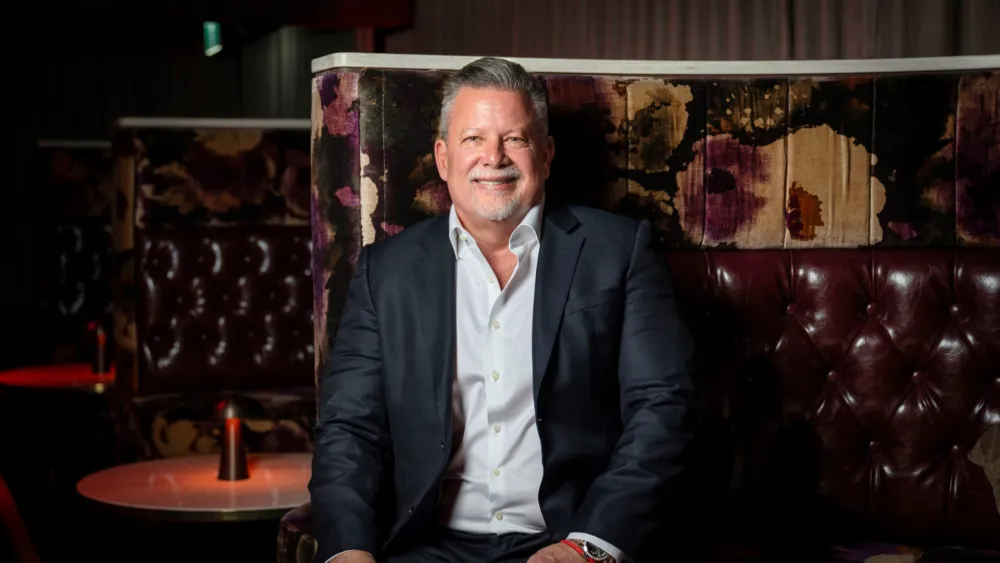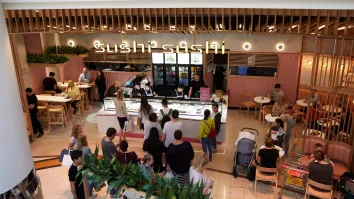
Large-scale technology adoptions are changing how QSRs compete: KPMG
Emma Pitfield, Partner at KPMG will take the stage at the QSR Media Australia Conference & Awards powerd by Redbull.
More overseas players are looking towards Australia for their next venture meanwhile, QSRs already operating in the market are making some drastic changes to cater to the changing consumption behaviours of Australians.
These are just some of what Emma Pitfield, Partner at KPMG has noticed in the QSR restaurant industry. Emma has over 26 years of experience in the QSR industry, having held various roles with McDonald’s in markets such as Asia, the Middle East, and Africa before becoming part of KPMG.
READ MORE: Technology not optional for QSRs to remain competitive: KPMG leader
Speaking with QSR Media, Emma shared some of her thoughts about some interesting trends ahead of the upcoming QSR Media Australia Conference & Awards powered by Redbull.
What are some interesting changes in the QSR industry you have noticed in the past year?
I’m noticing that there is more interest in the Australian market from overseas players in entering the market, as well as local store expansion for existing brands. You also see actions to address store mix - with moves to close or relocate unprofitable locations, which are continuing to take into account the shift from in-store dining to delivery as a key channel. Remodelling of stores is also taking place in order to enable easier pickup for delivery services or cater for in-store technology.
There is more large-scale adoption of technology – through in-store digital ordering kiosks, digital table service, loyalty programs as well as activating new ways for customers to pay. Delivery still remains a key source of growth but does present challenges in terms of margin and fulfilment. Increasingly diverse consumer needs and demographics are continually being addressed – whether it be different types of cuisines as well as catering for dietary requirements like more plant-based, vegan, vegetarian, or gluten-free options.
How should QSR tackle challenges like changing consumer preferences, talent shortage, and technology advancements to take their business to the next level?
To tackle this, QSRs need to take into account the broader macro challenges look at their own specific challenges and focus on the areas that matter the most to them. There is always the tension of wanting to do more, however, fewer initiatives that are fully aligned from the store support office to the restaurants that the business can get behind and deliver benefits generally will have more impact.
Change management is key to ensure that the in-store staff are trained appropriately to ensure that they can deliver the intended customer experience. Connected/cloud based/real time systems play a key role in using the data in order to make these decisions.
Please give us an overview of the unique perspectives you will be sharing during your discussion.
Our talk will touch upon some of the key digital transformation activity that we are seeing in the industry, and then connect this to the risk element – so that QSRs can consider their own circumstances and look at any areas that they need to address.
What key takeaways would you like the attendees to gain from your session?
That risk – especially in digital is not just the responsibility of the Technology team or Chief Information Security Officer, but the responsibility of the entire business and team – restaurant staff, franchisees and all business functions.
The QSR Media Australia Conference & Awards powered by Redbull is happening on 30 October, in Sydney, Australia. For more details about the event or how to register, please visit this link.

























